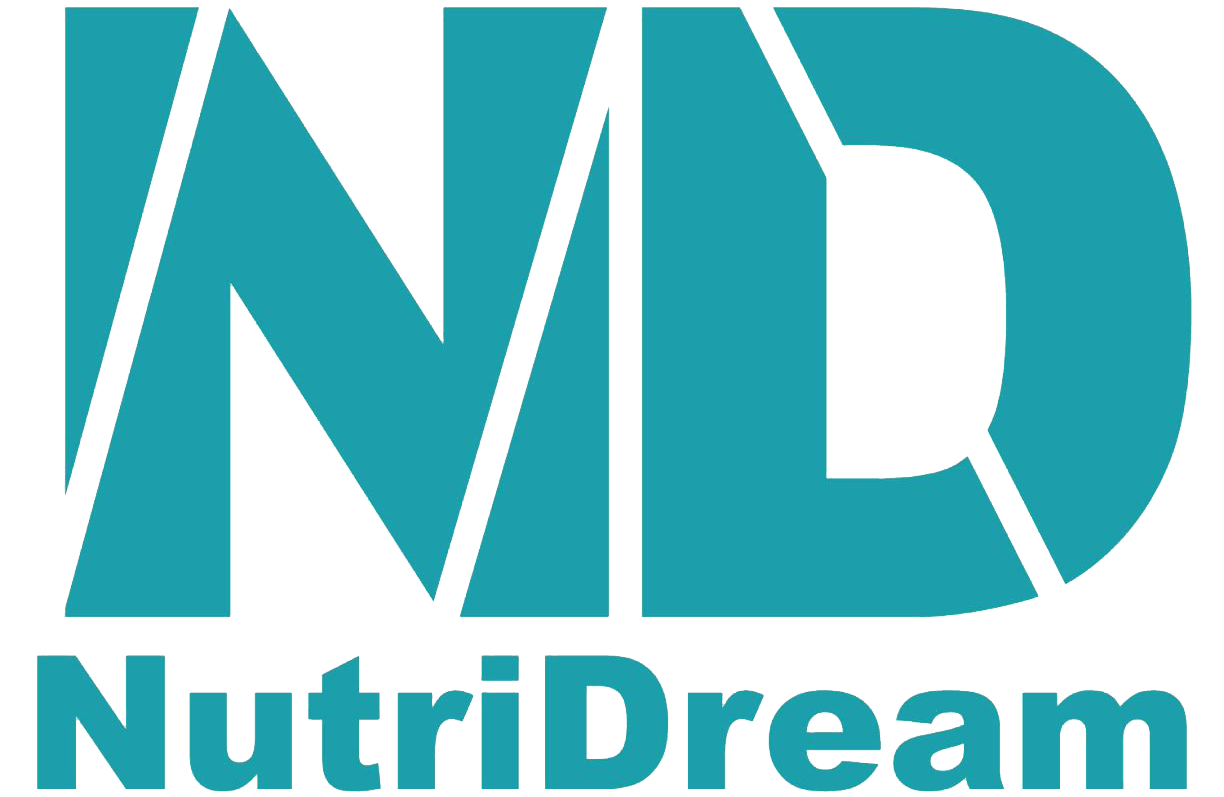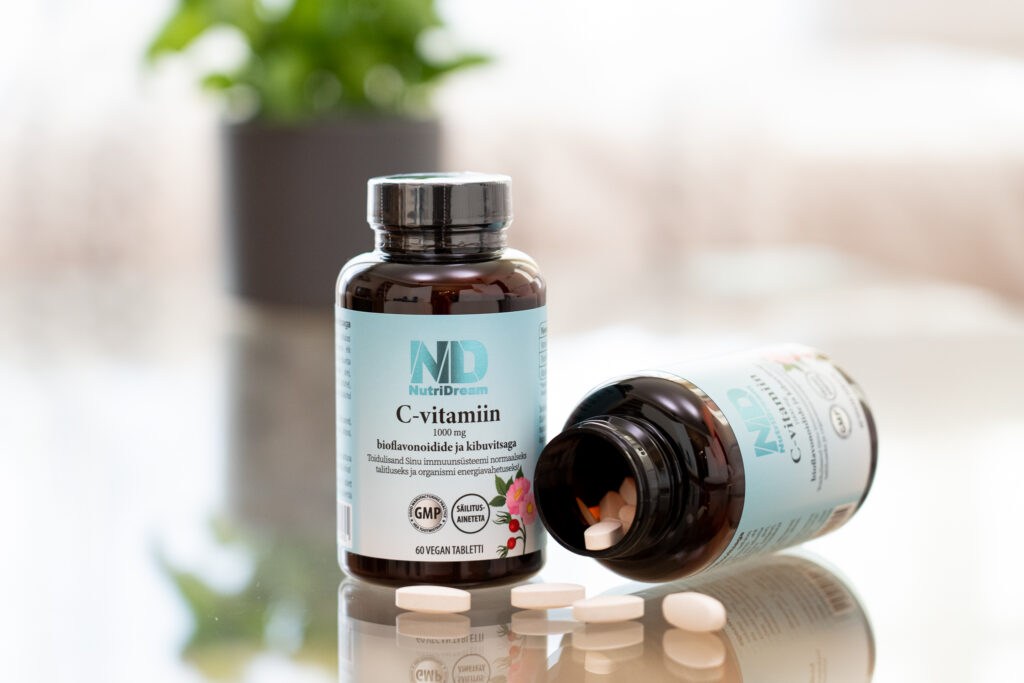Vitamin C is an important component for the normal functioning of your body

Vitamin C is an important component for the normal functioning of your body
Vitamin C, also known as ascorbic acid or ascorbate, is a water-soluble vitamin found in many foods and can also be consumed as a dietary supplement. Most animal organisms are able to synthesize vitamin C themselves, but humans are not able to do so. Therefore, it is important to get the amount of vitamin C you need from the outside.
Importance of vitamin C
- Ensures the normal development and function of connective tissue and promotes wound healing by interacting with collagen and elastin;
- Supports the function of the skin, gums, capillaries, teeth, ligaments and bones;
- Participates in processes where intracorporeal signaling molecules are synthesized (mediating information for intracorporeal processes), bile acids (helping to digest fats and absorb fat-soluble vitamins) and carnitine (an important part of fat metabolism);
- Contributes to the immune system as a central water-soluble antioxidant; Stimulates the absorption of iron and promotes its use in the body
- Tagab sidekoe normaalse arengu ja talitluse ning soodustab haavade paranemist, sest toimib koos kollageeni ja elastiiniga;
- Toetab naha, igemete, kapillaaride, hammaste, sidemete ja luude talitlust;
- Osaleb protsessides, kus sünteesitakse kehasiseseid signaalmolekule (vahendavad infot kehasiseste protsesside jaoks), sapphappeid (aitavad rasvu seedida ja rasvlahustuvatel vitamiinidel imenduda) ning karnitiini (rasvade ainevahetuse oluline osa);
- Aitab keskse vesilahustuva antioksüdandina kaasa immuunsüsteemi tööle; Stimuleerib raua imendumist ja soodustab selle kasutamist organismis














